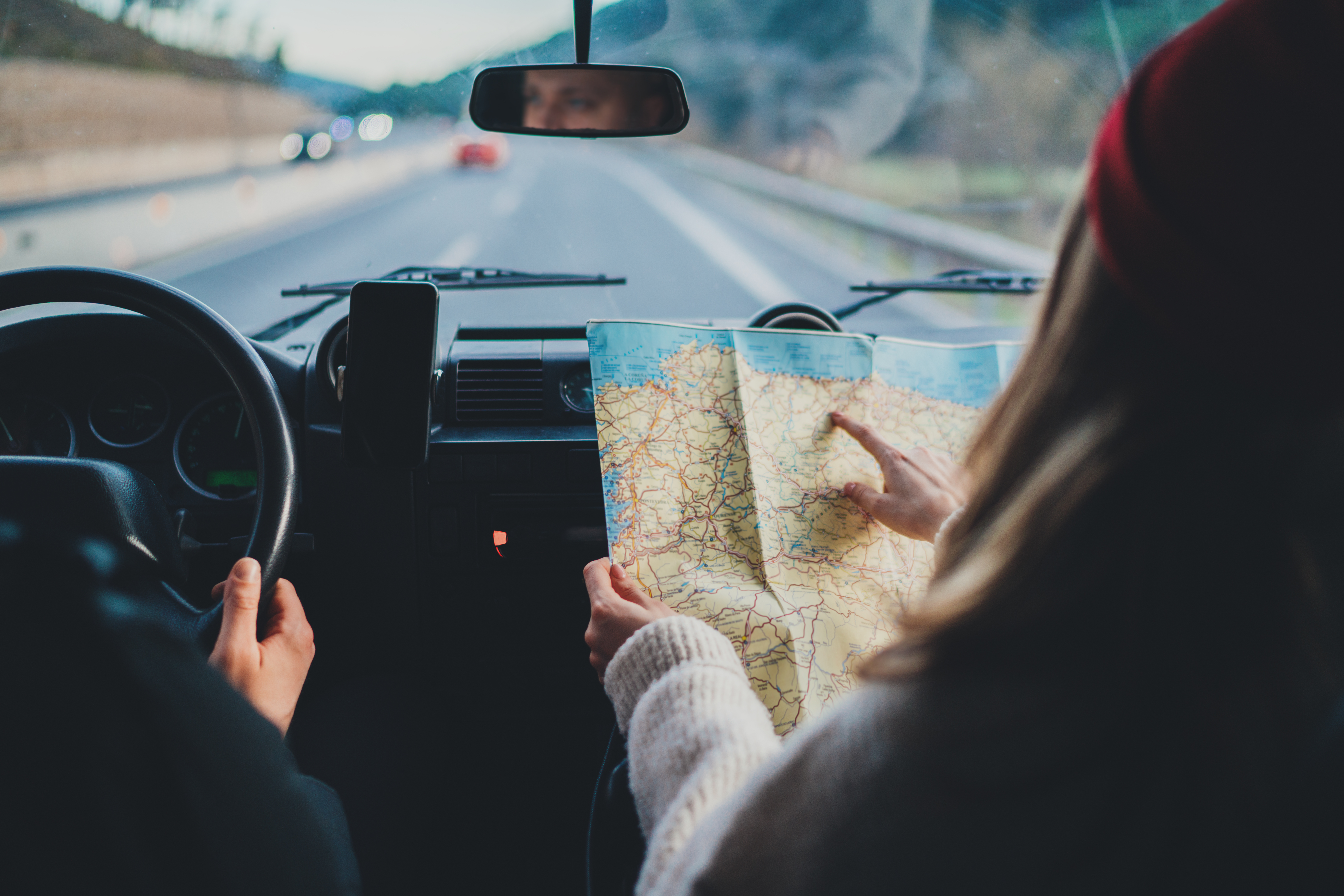11 Essential Tips for a Smooth and Secure Roadtrip

Embarking on a road trip is an exciting endeavor, but it can be quickly jeopardized if the proper safety measures haven’t been taken to ensure a seamless trip. Below are some essential tips for a smooth and secure journey on the road.
1) Check Your Vehicle
Before you begin your road trip, it’s important that you check your vehicle for any possible issues and maintenance needs like adjusting the air in your tires, filling your gas tank, switching out faulty wiper blades, adding wiper fluid, checking your oil level, and more. Being able to rely on your vehicle to function properly is important, but sometimes even after taking the necessary safety measures, vehicles still malfunction. If your vehicle has an auto product liability, a personal injury attorney can help you recover compensation.
2) Plan Your Route
Another tip for an unproblematic road trip is to plan your route. While you may or may not have a specific destination in mind, you should plan which route you’re going to take to get there. Without a plan in mind, you might end up wandering, making wrong turns, and other mistakes in traffic which can waste fuel and time. Route planning can save you time and reduce the probability of being frustrated while driving which can insight a different realm of issues on the road.
3) Avoid Distracted Driving
According to NHTSA, distracted driving claimed 3,552 lives in 2021. Examples of distracted driving include texting, talking on the phone, changing the radio, eating, putting on makeup, reaching for something in the backseat, talking or singing with passengers, and more. It’s important to keep your focus on the road at all times so that you don’t become distracted and end up causing or being involved in an accident. If you are injured by another distracted driver, a distracted driving accident injury lawyer can help you recover damages.
4) Pack an Emergency Kit
Another essential tip for preparing for your road trip includes packing an emergency kit. This kit can include anything from clothing and non-perishable food to a first-aid kit and a seatbelt cutter. Hopefully, you don’t need to access any of these emergency items during your trip, but it’s better to be over-prepared than underprepared.
5) Stop For Gas
When you’re traveling for longer periods of time, it’s easy to get wrapped up in the trek and forget about the thing that keeps you going; gas. It’s always a good idea to fill up your tank before it reaches E for several different reasons. If you wait, it damages the car’s fuel pump because it will suck up the little remaining fuel at the tank base, which is composed of dirt, debris, and particles. You also run the risk of not making it to a gas station in time, which can result in you becoming stranded on the side of the road.
6) Rest Breaks
Another essential tip for safety on a road trip is taking rest breaks when you need them. Drowsy driving is another common cause of car accidents, in fact, it results in about 100,000 crashes, 71,000 injuries and 1,550 fatalities a year. If you feel yourself becoming tired, it is crucial that you quickly find a safe place to rest. You can also stop for a coffee or cold drink to help keep you alert along the way.
7) Share Your Itinerary
In addition to planning your route, you should also share your route, destination, and itinerary for your trip. This can provide you an extra layer of safety by having a parent, friend, or partner aware of your destinations and any stops you make along the way. On a smartphone, you can share your location with one of these people at all times so that they can monitor your journey and be sure you’re safe.
8) Weather Check
Checking the weather is another important safety measure to take so that you can avoid compromising your safety in unforeseen weather conditions. Every year, 75% of weather-related accidents occur on wet pavement and 47 percent happen during rainfall. By staying informed about the weather forecast along your route, you can make informed decisions, and any necessary changes to your plans, so your road trip is as safe as possible.
9) Buckle Up
If you’re a long-time Floridian, you’ve likely heard the saying “click it or ticket.” That’s because, despite the 2009 Florida law that made it illegal to operate or ride in a vehicle without having a seatbelt on, and an increase in seatbelt usage, unrestrained occupant deaths still make up 50% of deaths. When you’re on a road trip it is essential for your safety that you have your seatbelt on anytime you enter and/or operate the vehicle.
10) Maintain A Safe Distance
Another essential road trip safety tip is to keep a safe distance between your vehicle and the one in front of you. Tailgating can prohibit you from being able to react or brake adequately, which can result in a catastrophic accident for you and any passengers you have with you. Following the 3-second rule is an easy way to keep a safe distance between you and the car in front of you. This is calculated by waiting for that vehicle to pass an object and then counting until you pass that object. If there are at least 3 seconds in between the two of you passing the same object, you’ll know you’re at a safe following distance.
11) Stay Calm
Finally, staying calm is an essential tip that can save you from becoming overwhelmed by the long drive and the many things to pack and remember for your journey. It’s important that while you’re navigating the roads you’re not only alert but calm. Don’t let yourself become angry at other drivers, or flustered by a change in weather or vehicle malfunction. This can affect your driving, and ultimately lead to an unwanted accident.
By following these essential roadtrip tips, you can prepare for a smooth and secure journey out on the road.
How The Florida Law Group Can Help
If on your journey you’re injured by a negligent driver, the personal injury lawyers at The Florida Law Group can help. We have the skills and knowledge needed to stand up for your rights and advocate for compensation on your behalf. Call today to schedule a free consultation and learn about the next steps.


